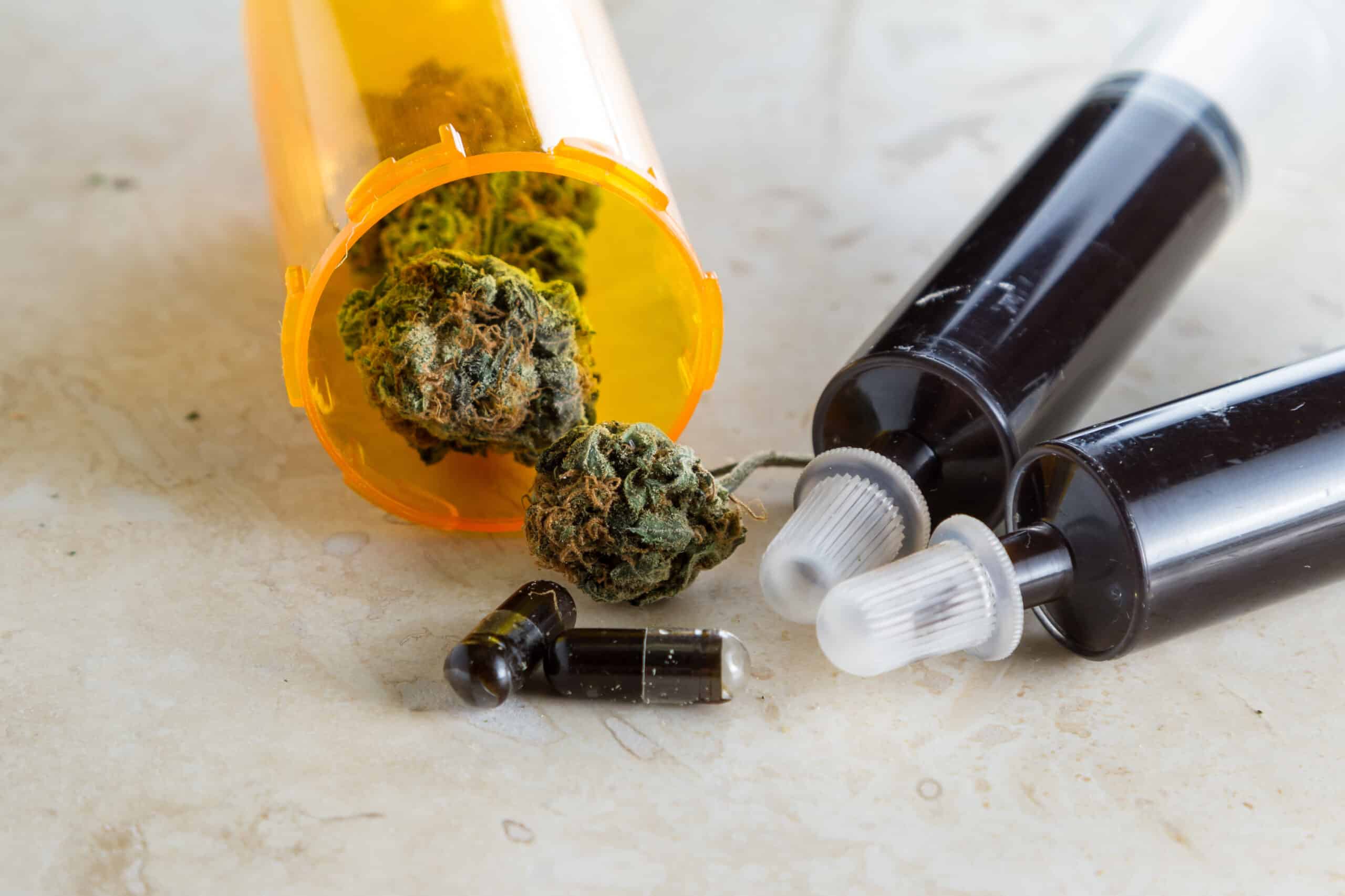THC is associated with stimulating hunger causing munchies, this cannabinoid is capable of influencing metabolism. But does CBD affect metabolism? Research shows that yes it does, and in surprising manners. A Korean study shows that monitoring CBD effects on immature fat cell preadipocytes in 3 ways affecting fat browning, as published in the journal Molecular and Cellular Biochemistry.
It was discovered that CBD stimulates genes and proteins which play roles in increasing fat breakdown; CBD can boost activity and numbers of mitochondria increasing the body’s ability to burn calories; and CBD decreases expression of proteins which are involved in creating new fat cells within the body.
White fat cells can increase risk of heart disease, diabetes, among others. Brown fat alternatively can promote weight loss by burning energy. Researchers agreed that CBD has the ability to induce fat browning, or more simply put to turn white fat into brown fat.
CBD interacts with the body with the help of the endocannabinoid system. In addition to signaling chemicals and receptors the endocannabinoid system is made up of metabolic enzymes, which is directly connected to several metabolic functions including storing energy and transporting nutrients, it may be involved with directing sensitivity to insulin
The THC in cannabis affects metabolism which can increase appetite, but hunger is not the only thing it can stimulate. The endocannabinoid system stimulates other areas of the body involved in metabolism including the gastrointestinal tract, endocrine pancreas, and skeletal muscles, among others. The endocannabinoid system does the same things through 2 endogenous cannabinoids 2-Arachidonoylglycerol and anandamide which interface with CB1 and CB2 receptors which reside in various parts of the body including the digestive tract and brain. CBD can assist metabolising compounds absorbed from food during digestion by prompting the two receptors. Over stimulating the endocannabinoid system can lead to abdominal obesity, insulin resistance and increased energy storage in fat cells. CB1 receptor when over stimulated can increase odds of developing metabolic syndrome which is associated with adverse symptoms such as high blood pressure, excess body fat, and high blood sugar among others. It has been noted that CBD is a CB1 antagonist which may have the ability to treat such a condition and possibly others like it as well.
Cannabinoids such as CBD can lower food intake and decrease weight gain. CBN does the opposite and can increase weight gain and appetite. THC has the same effect of stimulating appetite, however research shows that most heavy cannabis smokers have lower BMI than non-smokers interestingly enough.




